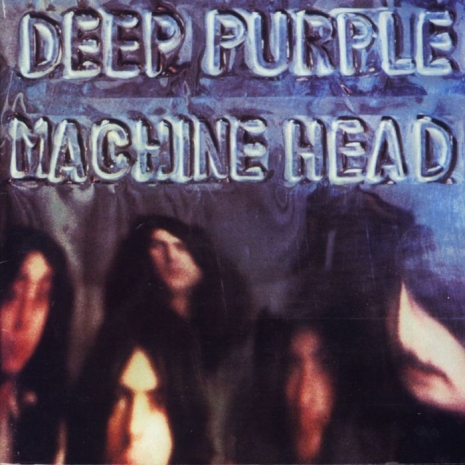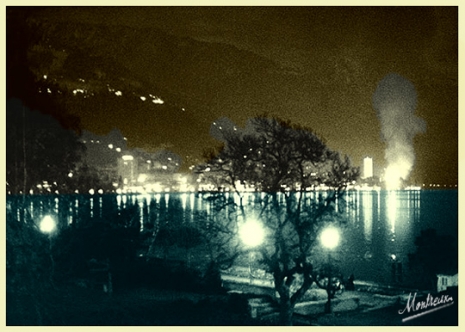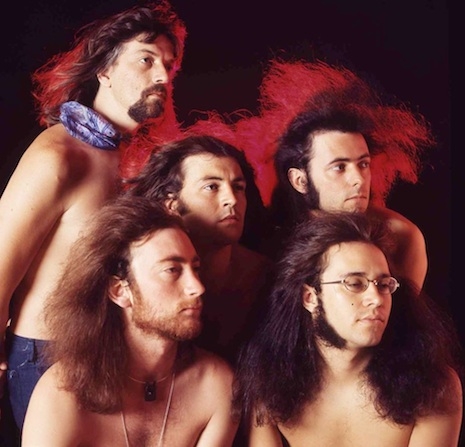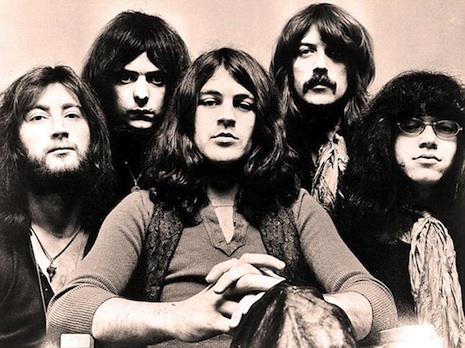
Deep Purple’s “Smoke on the Water,” amirite?
Although it is among the most popular guitar riffs in history (if not the #1 most popular riff of all time, because virtually anyone, including your mom, can probably play it) and certainly a song that will never, ever fall out of the classic rock canon, the meaning of the song’s lyrics—once well-known—are becoming increasingly cryptic. It would just be confusing to most people hearing it for the first time playing Guitar Hero or Rock Band:
We all came out to Montreux
On the Lake Geneva shoreline
To make records with a mobile
We didn’t have much time
Frank Zappa and the Mothers
Were at the best place around
But some stupid with a flare gun
Burned the place to the ground
On December 4, 1971 Deep Purple were in Montreux, Switzerland. The plan was to record their next album—what would become their 1972 classic, Machine Head—in the theater of the cavernous Montreux Casino, which was closing down for renovations after a matinee show by the Mothers of Invention.
As the members of Deep Purple watched, the rockin’ teen combo led by Frank Zappa laid into their concert showstopper of the time “King Kong,” when an idiot in the audience fired a flare gun (or more likely a bottle rocket) into the venue’s rattan-covered ceiling during Don Preston’s MiniMoog solo. Although no one was badly injured, the huge casino, along with its theater, restaurants and other entertainment facilities was burned to the ground and the Mothers’ gear was toast. There was an apparently easy and orderly exit for the crowd as the fire was slow at first, but as Deep Purple’s bass guitarist Roger Glover later said “when it caught, it went up like a fireworks display.” Two of Zappa’s roadies, the last to leave, were blown out of a window, but sustained only minor injuries.

A postcard of the fire
They burned down the gambling house
It died with an awful sound
Funky Claude was running in and out
Pulling kids out the ground
Even if you don’t know what it means, it sounds good, right?
“Funky Claude” who was “running in and out” refers to Claude Nobs, the casino’s owner and the director of the Montreux Jazz Festival—and as luck would have it, a volunteer fireman—who helped some of the audience members escape to safety and to whom Machine Head was dedicated. He later told Gibson.com
Frank Zappa took his guitar–a Gibson, a very strong one–and he smashed the big window down with his guitar. Then a lot of people could go out through there. The people went out through that exit, and within about five minutes, the 2,000 kids were out. And the people were watching the fire thinking, “Oh, you know, Frank Zappa is just doing an incredible ending to his show.”
Continues after the jump…







